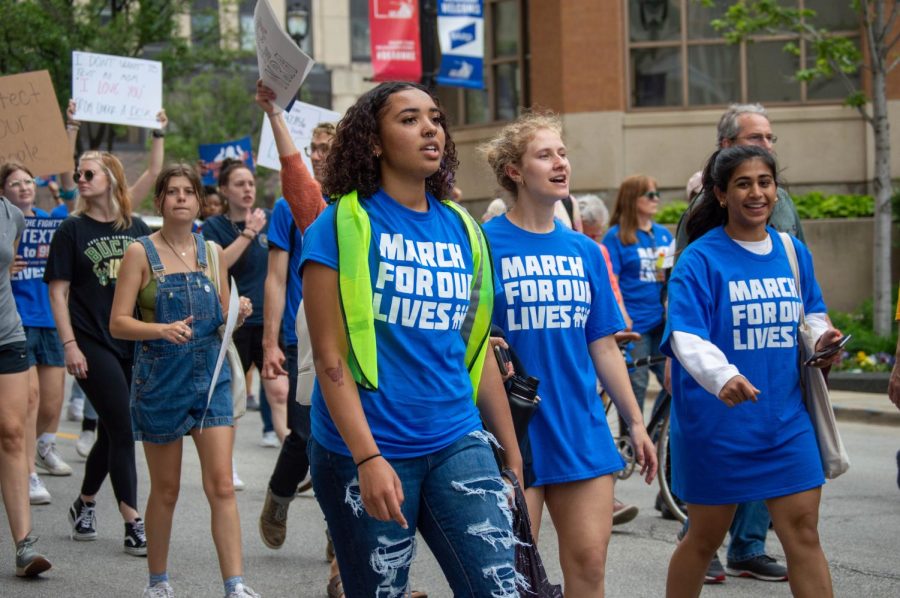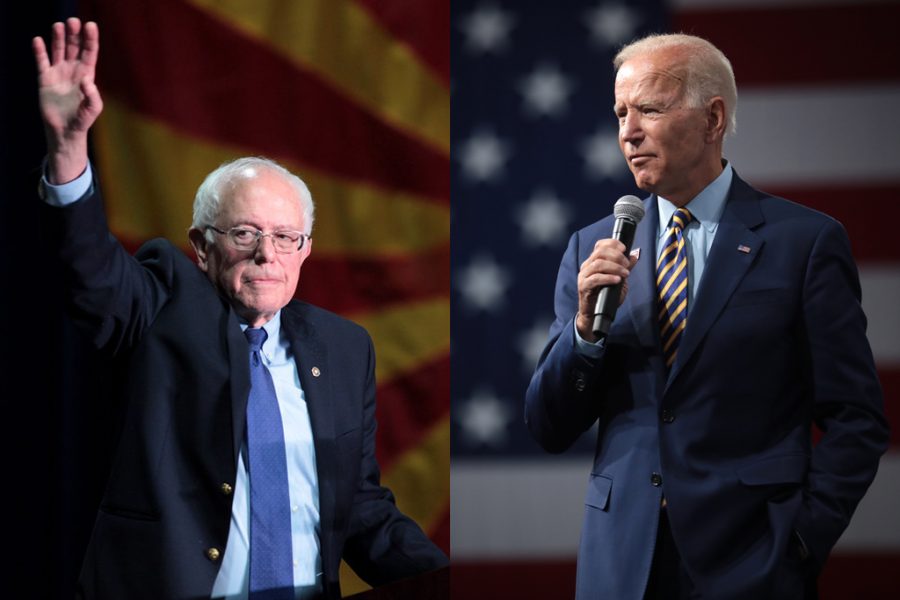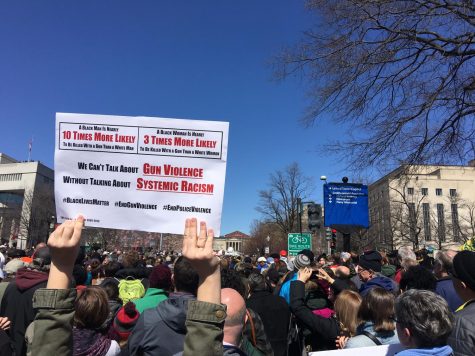
With chants of “Vote them out” and “Never again” ringing across Capitol Hill, the March For Our Lives exceeded its estimated 500,000 attendees, getting closer to 800,000, according to organizing officials.
The March was organized by students of Marjory Stoneman Douglas High School in Parkland, Florida, who survived a mass shooting that claimed the lives of 17 of their teachers and peers Feb. 14.
Additionally, the March had around 800 sister marches around the country, including one in Milwaukee.
For Marquette students living in D.C. and for those who made the trip out, the March was something they felt they had to participate in, students said.
“It was especially important to my family and sister,” Madeleine Mathias, a junior in the College of Arts & Sciences, said. “Last week, police at my sisters high school investigated and caught 10 students planning a shooting, and the students had access to the weapons.”
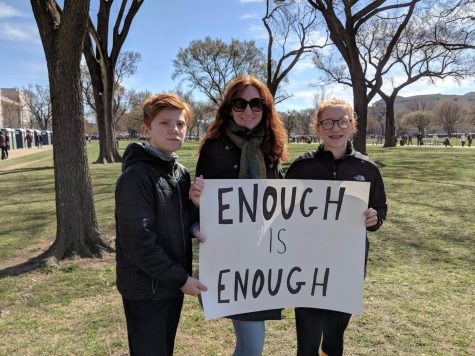
Mathias’ parents and siblings flew out to participate in the March with Madeleine, who is living in D.C. for the semester to participate in Marquette’s Les Aspin program.
“You never expect it to be you, that you would be the target, but it can happen anywhere, and that’s why this is such an important movement,” she said.
The event featured celebrity guests such as Miley Cyrus, Ariana Grande, Demi Lovato and Lin-Manuel Miranda.
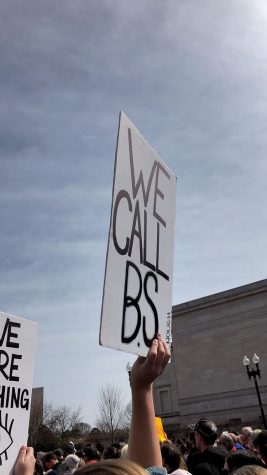
“It was moving and emotional … but (the celebrities) knew it wasn’t about them, and they were there to support the kids,” Jess Birmingham, a sophomore in the College of Arts & Sciences, said.
Birmingham added that it was nice that there were no politicians who spoke.
“The movement isn’t about a specific political party. The movement is about all lawmakers working together to end gun violence,” Birmingham said.
The survivors of shootings brought tears to the eyes of many in the crowd when they spoke at the March. Most of the speakers were young people, supporting the fact that the movement was largely coordinated by young people.
“At other marches I got excited to see other young people, but at this I was more excited to see the middle aged and older people in attendance,” Meggie McKenna, a sophomore in the College of Arts & Sciences, said.
The March featured Dr. Martin Luther King Jr.’s 9-year-old granddaughter Yolanda Renee King. When she was announced and took the stage, there was a collective gasp from the crowd followed by wild applause.
“I have a dream that enough is enough, and that this should be a gun-free world. Period,” she said, drawing from her grandfather’s famous speech.
To close out her speech, she led the audience in a call-and-response chant after divulging her wish for a world without gun violence.
“Spread the word. Have you heard? All across the nation. We are going to be a great generation,” King yelled to the crowd.
Gabriella Suliga, a sophomore in the College of Arts & Sciences, said she thought it was fantastic that a lot of the March focused on racial issues.
“The students and organizers from Parkland recognized that people in black communities have been fighting for gun reform for 30-plus years, and that it’s unfortunate it had to happen to a privileged community for people to pay attention,” Suliga said.
Multiple speakers addressed violence in black communities, especially violence committed against women. Students from Chicago said that when black students organized the Black Lives Matter movement, they were labeled as thugs.
The students’ remarks were in reference to protests of the shooting deaths of black people in which protesters were met with heavy police presence and tear gas. Such protests are in high contrast with the celebrity presence and turnout for the March for Our Lives.
“(The organizers) really recognize their privilege and ability to create change, and it’s so important they kept it intersectional,” Suliga said.


